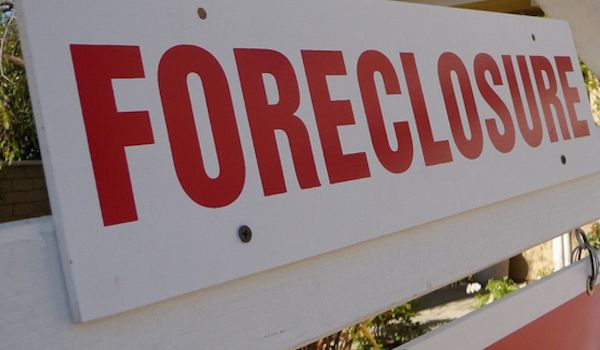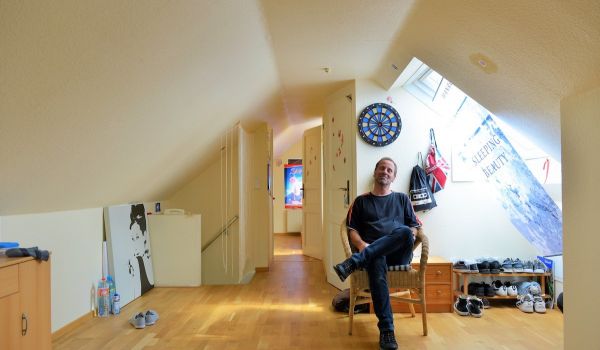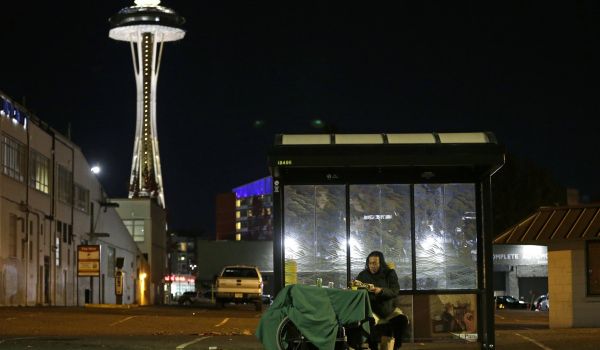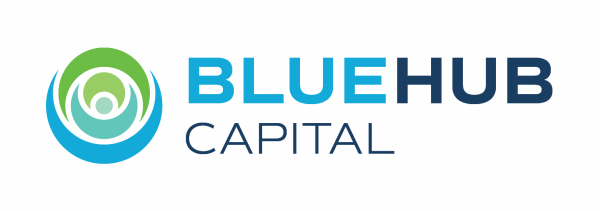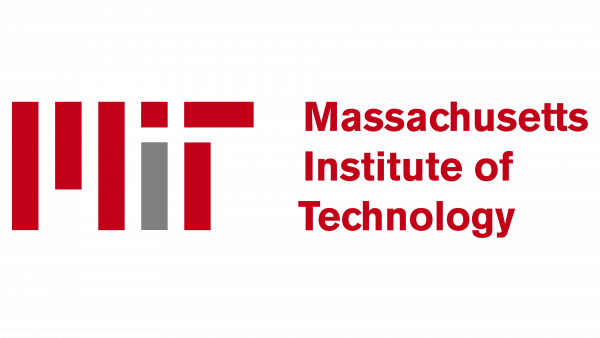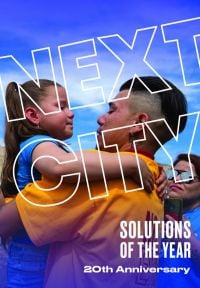More than 95% of veterans who are entrepreneurs need initial startup capital to start their businesses. More than half of them need less than $25,000 to do it. Andrew Canales was in that exact position when he began his nonprofit.
“I thought once we became a 501(c)3 nonprofit, people would just start pouring money into my idea,” Canales says. “But that wasn’t the case. It ended up being harder than any business I ever tried to start before that.”
Canales eventually received an $11,400 seed loan from CDFI DreamSpring to launch his Colorado-based nonprofit, Houses for Warriors, which supports homeless and at-risk veterans as they assimilate back into civilian life. The organization provides transitional housing and connects veterans with veteran service officers as well as housing vouchers and mental health resources.
Canales is no stranger to bootstrapping. “One of our first projects was renovating a house that was going to be condemned,” he says. “We had 50 volunteers and in five weeks we remodeled this man’s entire house. I invested roughly $10,000 of my own money into it.”
DreamSpring issued his loan in January of 2020, right as things were shutting down from the pandemic. That money helped Canales launch a website to bring in a monthly donor base as well as online resources for veterans. This allowed him to connect with the already isolated demographic of homeless veterans who were becoming even more isolated due to the pandemic.
“That loan from DreamSpring really kicked everything off,” Canales says. “That’s how we built our credibility. That’s how we got people to get behind us when we wanted to open the Warrior House,” a holistic program that offers transitional housing, work therapy, and personal development sessions to help homeless veterans become more self-sufficient.
Andrew Canales (Photo courtesy of Houses for Warriors) Houses for Warriors also helps veterans apply for disability and VA assistance. One study on addressing veteran homelessness to prevent suicides found that 14 of the 20 veterans who die by suicide each day are not engaged in VA care. Only a little over one-fourth of the veteran population has ever used VA care. The study also notes that major risk factors for veteran suicides are also major risk factors for veteran homelessness as well, including substance abuse, mental illness, financial distress and a lack of social support. By connecting veterans to services they’re already entitled to, Houses for Warriors helps mitigate these risk factors. “A lot of these organizations get started by people who go through similar challenges,” explains Canales, who experienced homelessness, suicidal ideation and an addiction to narcotics before a bike accident forced him to go to the VA. “They found out I was 100% disabled just from the PTSD alone.” After getting his disability benefits and beginning his recovery, Canales got matched with a service dog and completed a three-week training program through K9s for Warriors, an organization whose mission is to end veteran suicides by providing service dogs to military veterans suffering from PTSD, traumatic brain injury and/or military sexual trauma. “I never valued my service the way that other people valued my service at this canines facility,” Canales says. “The program changed everything for me. I wanted to know how I could get involved so I began researching when I saw that many veteran suicides experienced homelessness at some point.” Veterans with a history of homelessness are more than five times as likely to attempt suicide compared to those who were never homeless. “I knew that was a place to start,” Canales says. “I know what it’s like to be homeless and have clout with these guys. It’s easier to connect with people who are having the same problems that I had.” About 45% of veterans are social entrepreneurs. Like Canales, these veterans work with the aim of solving social problems. DreamSpring is a CDFI that provides business loans to start-ups and growing businesses and is also a partner organization with the Veteran Loan Fund. The CDFI has served more than 1,300 veteran-owned businesses in over 500 US communities since its inception in 1994. “Here is somebody who faced many challenges as he tried to reintegrate into civilian life. He recognized the barriers veterans who were experiencing similar challenges face when trying to access these services and he came up with solutions,” says Laura Marrich, senior communications specialist at DreamSpring. “Entrepreneurs are some of the most impactful catalysts for change. Andrew is a perfect example of that. And because of his resourcefulness, he is now supporting many other veterans.”
This story is part of our series, CDFI Futures, which explores the community development finance industry through the lenses of equity, public policy and inclusive community development. The series is generously supported by Partners for the Common Good. Sign up for PCG’s CapNexus newsletter at capnexus.org. This article is part of Backyard, a newsletter exploring scalable solutions to make housing fairer, more affordable and more environmentally sustainable. Subscribe to our weekly Backyard newsletter. Bianca Gonzalez (she/they) is a writer intent on using words as a tool for social change. She is a solutions journalist for Next City, a case study writer for Community Solutions, and a daily news writer for Biometric Update. As a queer, Latina brain cancer survivor, she believes that justice is fundamentally intersectional.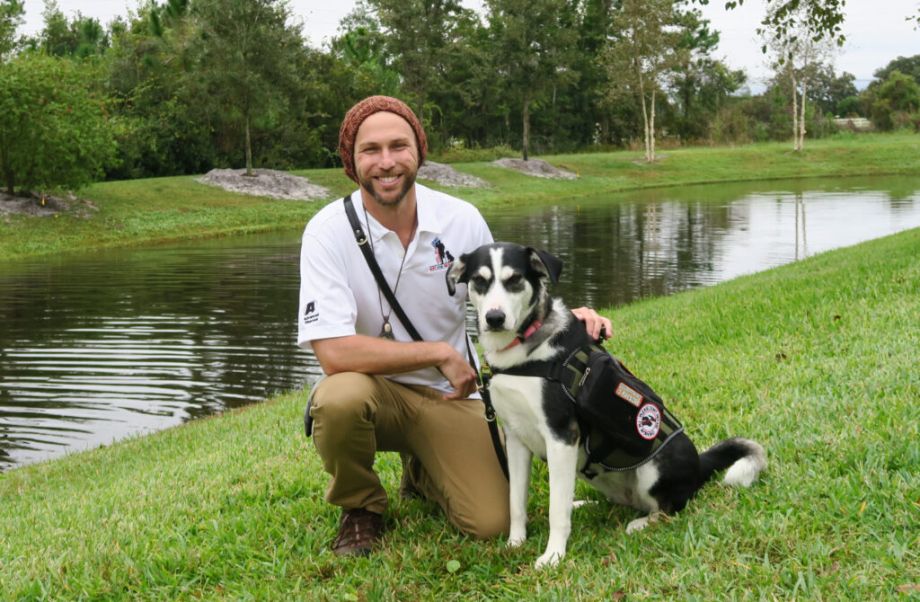







_920_614_600_350_80_s_c1.jpg)
_600_350_80_s_c1.jpg)
